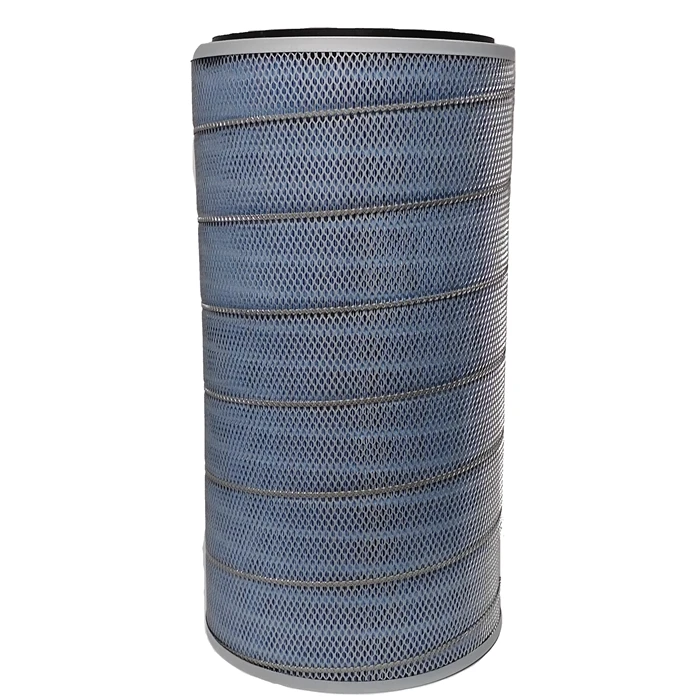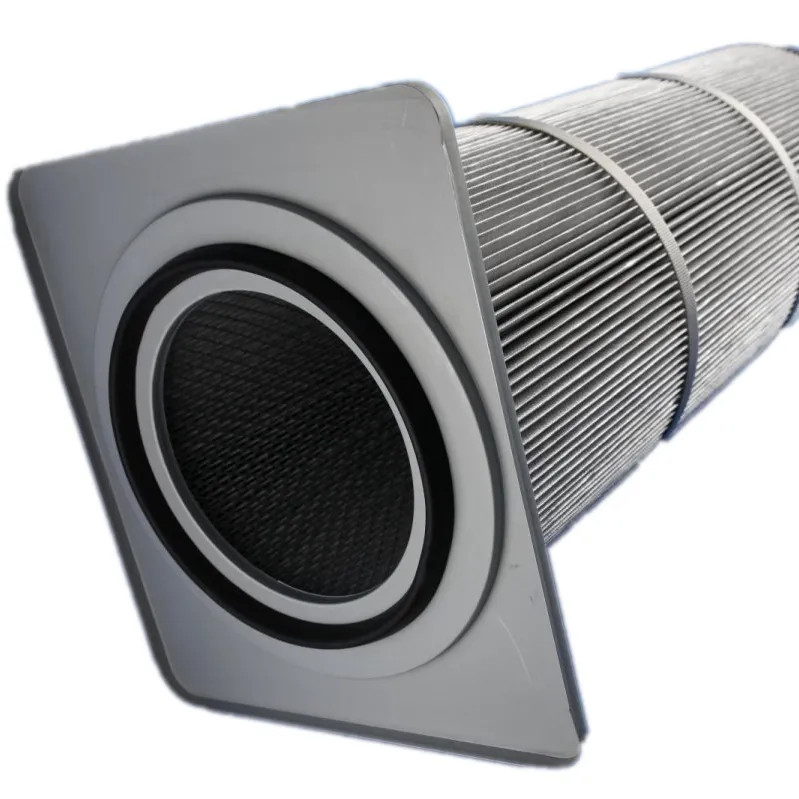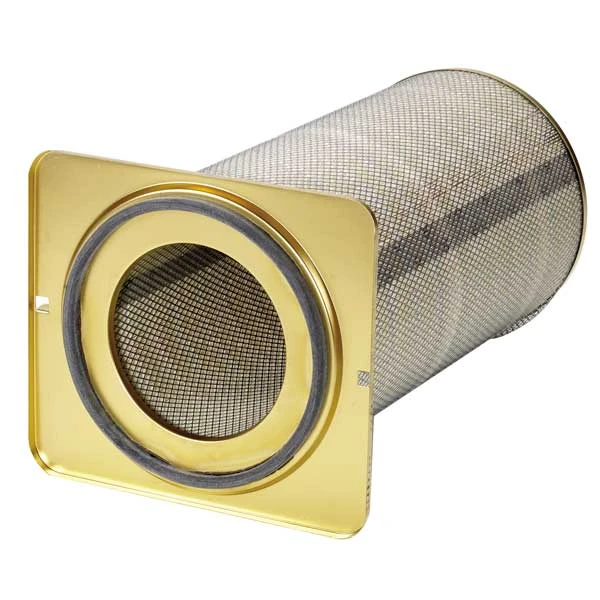 Tel:
+8618931101301
Tel:
+8618931101301
nov. . 10, 2024 07:15 Back to list
Turbine Filter Technology for Enhanced Performance in Fluid Management Systems
The Turbine Filter An Essential Component for Efficient Operations
In the realm of modern engineering and manufacturing processes, efficiency and precision are key determinants of success. Among the vital components that contribute to these principles is the turbine filter. Designed specifically for use in various applications, including turbines in power generation, aviation, and manufacturing, the turbine filter plays a significant role in ensuring the reliability and longevity of machinery.
Understanding the Function of Turbine Filters
Turbine filters are designed to protect systems by removing impurities from fluids or gases before they can enter critical components like turbines, pumps, and engines. The need for filtration arises from the potential damage that particles and contaminants can cause. Whether it is dirt, dust, metal shavings, or other foreign materials, these contaminants can severely impair the functionality of highly engineered equipment. By filtering out these unwanted substances, turbine filters enable smooth operation, maximize efficiency, and reduce downtime.
Types of Turbine Filters
There are several types of turbine filters available, each tailored to suit various applications and operational environments. The most common types include
1. Strainer Filters These are typically used in liquid applications to prevent larger debris from entering the system. Strainer filters come with different mesh sizes and can be cleaned or replaced based on the level of contamination.
2. Cartridge Filters Designed for finer filtration, cartridge filters can capture smaller particles that strainer filters might miss. They often feature a pleated design to increase surface area and improve flow capacity.
3. Magnetic Filters These filters utilize magnets to attract and hold metallic particles, which are particularly problematic in turbine operations where metal shavings could lead to catastrophic failures.
4. Separator Filters Common in gas applications, separator filters are used to distinguish and remove liquid droplets from gas streams, ensuring that only dry gas enters the turbine.
turbine filter

Benefits of Using Turbine Filters
The advantages of implementing turbine filters in operational processes are manifold. Firstly, they significantly enhance the lifespan of critical components. By minimizing wear and tear from contaminants, businesses can extend the service life of expensive equipment, ultimately leading to greater cost savings.
Secondly, turbine filters can improve operational efficiency. A system free from contaminants operates more smoothly and efficiently, allowing for better performance and output. In energy generation, for example, cleaner fuel and air leads to more efficient combustion and reduced emissions.
Moreover, maintaining clean systems with the use of turbine filters can result in less maintenance and fewer repairs. Scheduled replacements and cleanings are significantly easier and cheaper than dealing with unplanned breakdowns due to contamination-related issues.
The Role of Technology in Turbine Filter Advancement
As technology continues to evolve, so too does the design and effectiveness of turbine filters. Innovations such as smart filters equipped with sensors that monitor contamination levels and predict maintenance needs are becoming more commonplace. These advancements empower operators with real-time data, aiding them in making informed decisions to optimize their systems.
In addition, advancements in materials science have led to the development of filters that are more durable and capable of withstanding extreme conditions. This translates to better performance in demanding environments, where traditional filtration systems might fail.
Conclusion
In conclusion, turbine filters represent a crucial element in modern industrial operations. Their ability to protect machinery from contaminants enhances efficiency, prolongs equipment life, and minimizes operational costs. As technology continues to advance, the role of turbine filters will likely expand, further solidifying their importance in various industries. For businesses aiming to maintain high operational standards, investing in quality turbine filtration systems is a decision that will yield significant returns in reliability and performance.
-
Cold knowledge of air filters: Why are some designed to be pleated?NewsJun.16,2025
-
Factory direct supply! High-precision air filter element wholesale and customizationNewsJun.12,2025
-
A complete analysis of the practical value of activated carbon filtersNewsJun.10,2025
-
Why are high iodine coconut shell activated carbon filters more durable?NewsJun.06,2025
-
Gas Turbine FilterNewsJun.06,2025
-
Filter TurbineNewsJun.06,2025

 Email:
Email:





